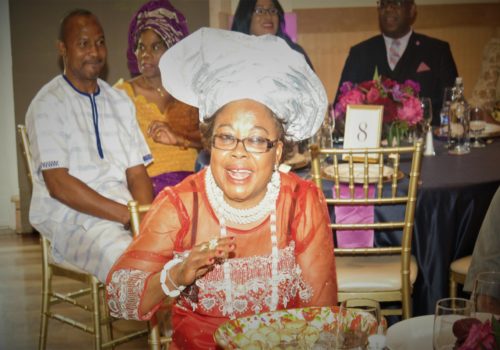Recently, some commenters have advanced arguments that can be reasonably interpreted as saying that Africa is backwards politically (e.g. see here), or that Africa is the weak link of global progress economically (e.g. see here).
As a result, many people with the best of intentions continue to view the intricacies of African problems, both economic and political, as simply a matter of how much “aid” those outside of Africa can give to Africa.
The problem with this view is that it can lead to programs that function on the basic assumption that Africans can’t help themselves i.e. Afri-can’t or African’t. Notably, this view can take root in the mind of a non-African as well as an African.
One solution that can correct this view is to make global education classes a necessary part of any primary or elementary education system – from classrooms in New York to New Delhi to New Halfa.
Global education is an education perspective that accounts for the fact that we live and interact in an increasingly interconnected world. As such, it is essential for young students to not only understand the process of coming up with their own worldview, but to also appreciate the process of how students in other parts of the world come up with their worldview.
The main benefit of global education is that it puts the focus on human dignity. You can, I can, we can… whether African or American. With human dignity as the focus, the approach to international problems becomes less about who is moving backward or who is the weak link, and more about our shared humanity and how we can be thought partners and solution companions across national boundaries.
In this regard, the Universal Declaration of Human Rights is on point: “Education shall be directed to the full development of the human personality and to the strengthening of respect for human rights and fundamental freedoms. It shall promote understanding, tolerance and friendship among all nations, racial or religious groups, and shall further the activities of the United Nations for the maintenance of peace.”
–Art. 26 (2), Universal Declaration of Human Rights (UDHR), adopted by the United Nations General Assembly (10 December 1948 at Palais de Chaillot, Paris).
Did this discussion help you progress? If so, please donate to My African Plan.
The average donation is about $12.


